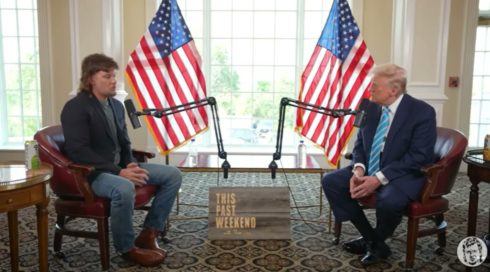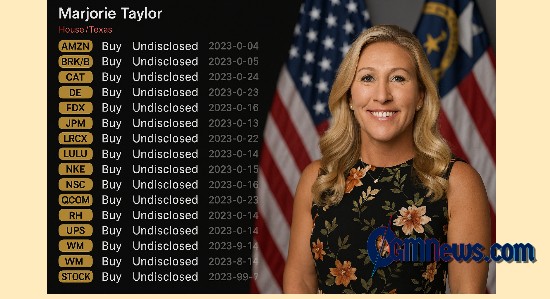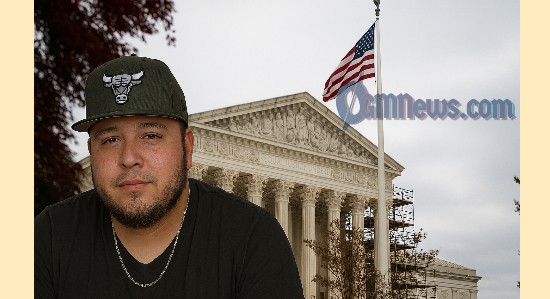Donald Trump’s campaign strategy has taken a new turn, as the former president increasingly turns to podcasts and alternative media to connect with younger male voters. Rather than focusing solely on traditional political outlets, Trump has appeared on shows hosted by influencers like comedian Theo Von, YouTuber Logan Paul, and gamer Adin Ross—platforms with substantial followings among young men.
The shift in Donald Trump’s media appearances highlights his recognition of the political gender gap and his focus on winning over a demographic that feels overlooked. These platforms allow Donald Trump to engage in casual conversations on topics like sports, addiction, and pop culture, subtly blending them with political discourse. The relaxed format gives him space to push his ideas without the pressure of formal interviews, providing a unique space to reach a potentially decisive audience.
Building Connections: Addiction, UFC, and Relatability
Trump’s recent interview with comedian Theo Von offers a glimpse into his strategy to appeal to young male voters. The conversation, which began with Trump’s memories of his brother’s battle with alcohol, turned into an unexpected dialogue on addiction. For a candidate known for hardline policies, this softer, more relatable side is rare. By showing genuine interest in Von’s personal struggles with recovery, Trump humanized himself in a way that transcends the typical political speech.
Beyond addiction, Trump’s ability to discuss sports like the Ultimate Fighting Championship (UFC) demonstrates his effort to connect on common ground. He praised UFC fighter Dustin Poirier, displaying a deep understanding of the sport—a move that plays well with the hypermasculine culture of many young male listeners. By engaging in such conversations, Trump’s aim is clear: position himself as a figure who understands the concerns and interests of young men, while subtly intertwining political narratives like immigration and election integrity.
The Power of Alternative Media in Reaching Younger Voters
Donald Trump’s podcast tour goes beyond connecting on a personal level. It represents a calculated approach to access a voting bloc that traditional media struggles to reach. Podcasts hosted by the likes of the Nelk Boys and Logan Paul have millions of viewers, mostly male and younger, many of whom are disengaged from mainstream politics. The hosts, often deferential or even nervous during interviews, allow Trump to control the conversation and push his messaging with little resistance.
This media strategy is especially crucial as polls show that young men tend to support Donald Trump more than young women, though overall youth voter turnout remains low. For Trump, the challenge isn’t just capturing attention—it’s mobilizing these voters to show up at the polls. Influencers like the Nelk Boys are reportedly launching voter registration drives, aiming to convert podcast listeners into active voters. By leveraging these non-traditional platforms, Trump hopes to capitalize on a demographic that feels disconnected from the political mainstream.
Can Trump’s Appeal to Young Men Change the 2024 Election?
While Trump’s podcast strategy has garnered significant attention and positive responses online, questions remain about its overall effectiveness. Experts like Daniel Cox of the American Enterprise Institute highlight that many young men feel left behind in today’s political climate, facing challenges such as academic underperformance, mental health struggles, and rising suicide rates. Trump’s ability to frame politics as a zero-sum game may resonate with those feeling sidelined, but experts argue this group has long supported Trump.
However, there are signs that the campaign sees untapped potential. With Donald Trump already popular among older men in male-dominated subcultures, expanding his base to include younger, disengaged voters could provide the critical margin in swing states. Jack Bratich, a media professor at Rutgers University, remains skeptical, noting that the “manosphere”—male-heavy online spaces—had already coalesced around Trump in 2016. Whether Donald Trump can mobilize a similar youth movement in 2024 is yet to be seen, but his pivot toward alternative media reflects his willingness to experiment with new campaign tactics.














